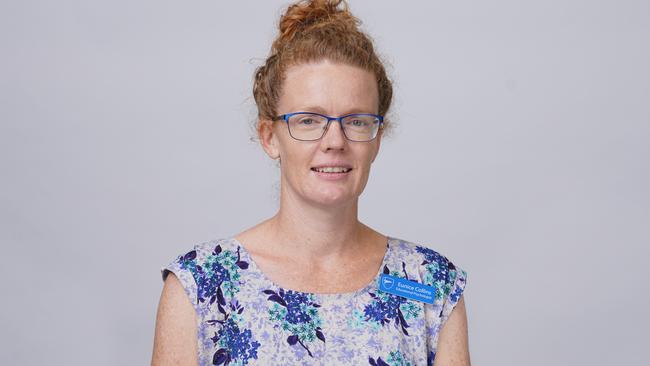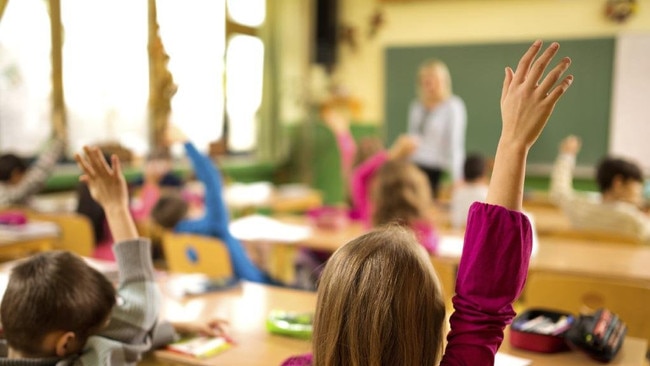Covid lockdown school anxiety: What to look out for in children
Children returning to school after the state’s 106-day lockdown will be more prone to anxiety, a leading psychologist has warned. Here are her top tips for what parents need to look out for.
Local
Don't miss out on the headlines from Local. Followed categories will be added to My News.
There will be a rise in children suffering from anxiety as they return back to school after the state’s 106-day lockdown, an educational psychologist has warned.
Educational psychologist Eunice Collins said the transition from the safety and comfort of home learning to returning to the classroom could lead to increased stress for children – especially those with underlying anxiety tendencies.
“It’s a very long time and by now most of the families in lockdown would have been used to their routine and home learning,” Ms Collins said.
“The routine is now about to be shifted and so there’s all sorts of reason for young families and children to be feeling a bit anxious. There’s a lot of unknowns.
“Anxiety comes when we don’t know what’s going to happen in the future.”

It comes as almost 150,000 students in Kindergarten, Year 1 and Year 12 from Greater Sydney returned to the classroom on Monday.
Ms Collins said she expected a “significant increase” in both children that have anxiety tendencies as well as those experiencing it for the first time.
“I think we would see some of those kids who may have had those tendencies towards anxiety will feel that anxiety come back in a stronger way when they return to school.”
Ms Collins, who is a psychologist at Australian Christian College, said anxiety could affect all students starting in children as young as seven.
“It’s not just teenagers but also the younger students as well.”
She said those who are already feeling anxious about everything from friendship groups and academic stress would have another element of change to contend with.
When asked how the level of anxiety coming out of the most recent lockdown would be different for kids as opposed to last year, she said that the shift to “learning to live with Covid” was new for the children.

Yet Ms Collins said there were many signs that parents and teachers could look out for particularly changes in the child’s behaviour.
“The most important things to look out for is any significant changes in their eating, sleeping routine, they’re energy levels, and they’re mood in general (…)
“If tantrums are not normal and they’re getting really highly emotional and distressed and not able to articulate what’s going on – it can be underlying anxiety.”
She said some children might be “psychosomatic” and might for example complain of headaches and tummy aches before school.
“Of course you want to check out for physical illness, but if that’s been ruled out by doctors it could be an anxiety response,” she said.
Ms Collins stressed that it was important to look out for the signs early because anxiety was treatable with early intervention.
She said parents could prepare by understanding that there was going to be a “transitional” amount of stress for children returning to school.
“If they come home from school, give them a bit more down time. Some might play outside and need that physical outlet to get their stress out.
“Whatever their child needs, provide that for them.”
She said it’s also worth monitoring them over the next few weeks.
“If kids are not settling after the first few weeks of school and are getting worse that might be a sign of a possible anxiety disorder,” she said.
Ms Collins said seeing a general practitioner was a good first step as well as accessing a school counsellor or psychologist.
“Those services can be useful to see if it’s a mild transitional type stress or actual underlying anxiety disorder.”
Asked whether the post lockdown anxiety could become a long term issue, she said “yes.”
“If left untreated, absolutely.”
“If kids are left to meander on their own and not given the right support it can eventuate to a long term and quite chronic condition for them.”




